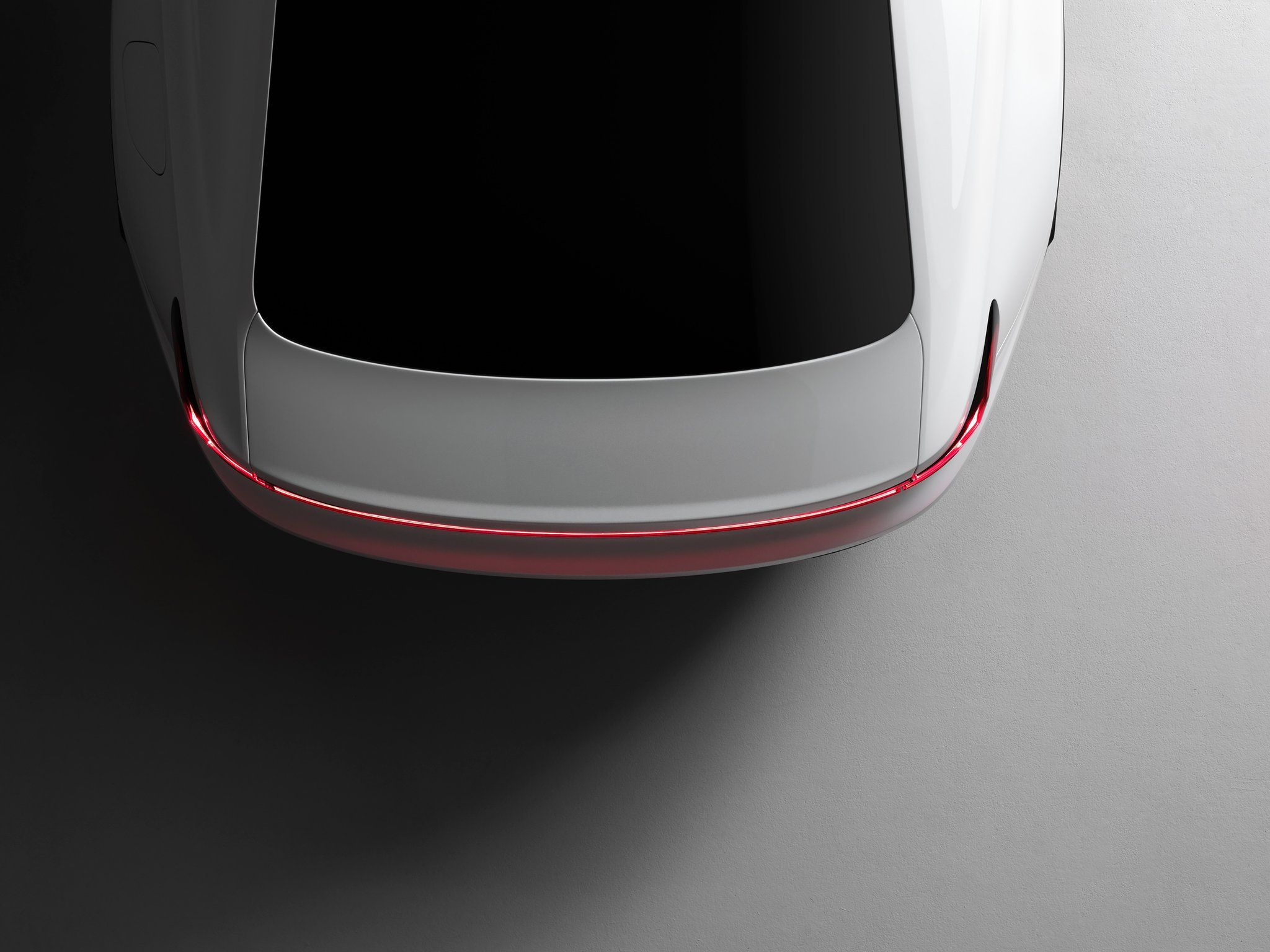Affiliate links on Android Authority may earn us a commission. Learn more.
Volvo's first electric car will also be the first vehicle with standalone Android Auto
Published onJanuary 5, 2019

Android Auto support has been put in a large number of cars on the road, allowing owners to navigate to their destination with Google Maps, listen to their playlists and more much. However, all of them require the use of a connected smartphone in order to work, either with a cable or, in a few instances, wirelessly. The good news is Google has been working on a standalone version of Android Auto that will work without a smartphone for a while now. This week, we finally got word on the first car that will have it installed.
The vehicle is the Polestar 2 from Volvo, which will also be the first all-electric car from that company. According to a brief press announcement (via Android Police), more information on the Polestar 2 will be revealed “in the coming weeks”, but the actual production of the car will not happen until 2020. The statement does say the car will be the first with “Google Android HMI, which in turn is also the debut of the in-car version of Google Assistant.”
We got a quick preview of what a standalone Android Auto system might look like, and how it will work, at Google I/O in May 2018, via a Dodge Ram 1500 concept car. We saw how this system could be used by the driver with its large tablet-style display and its voice command features. The driver of such a car could ask Google Assistant to lower the inside temperature of the vehicle or ask when they will need to refuel the car. Because this is a standalone version of Android Auto, it will also have its own version of the Google Play Store, so car owners will be able to download and install apps that could be made specifically for cars.
So far, Volvo is the only car maker to announce plans to support the standalone edition of Android Auto. There’s no word on how many Polestar 2 car units will be made, so its availability could be rather limited. Hopefully, we will learn more about Google’s future plans for Android Auto in 2019.